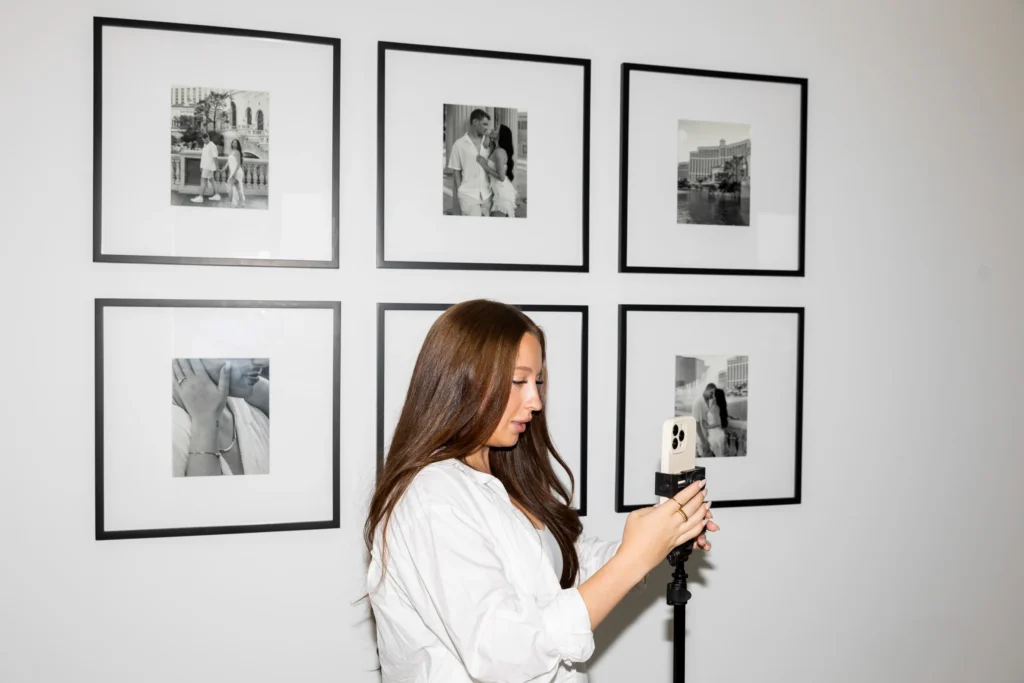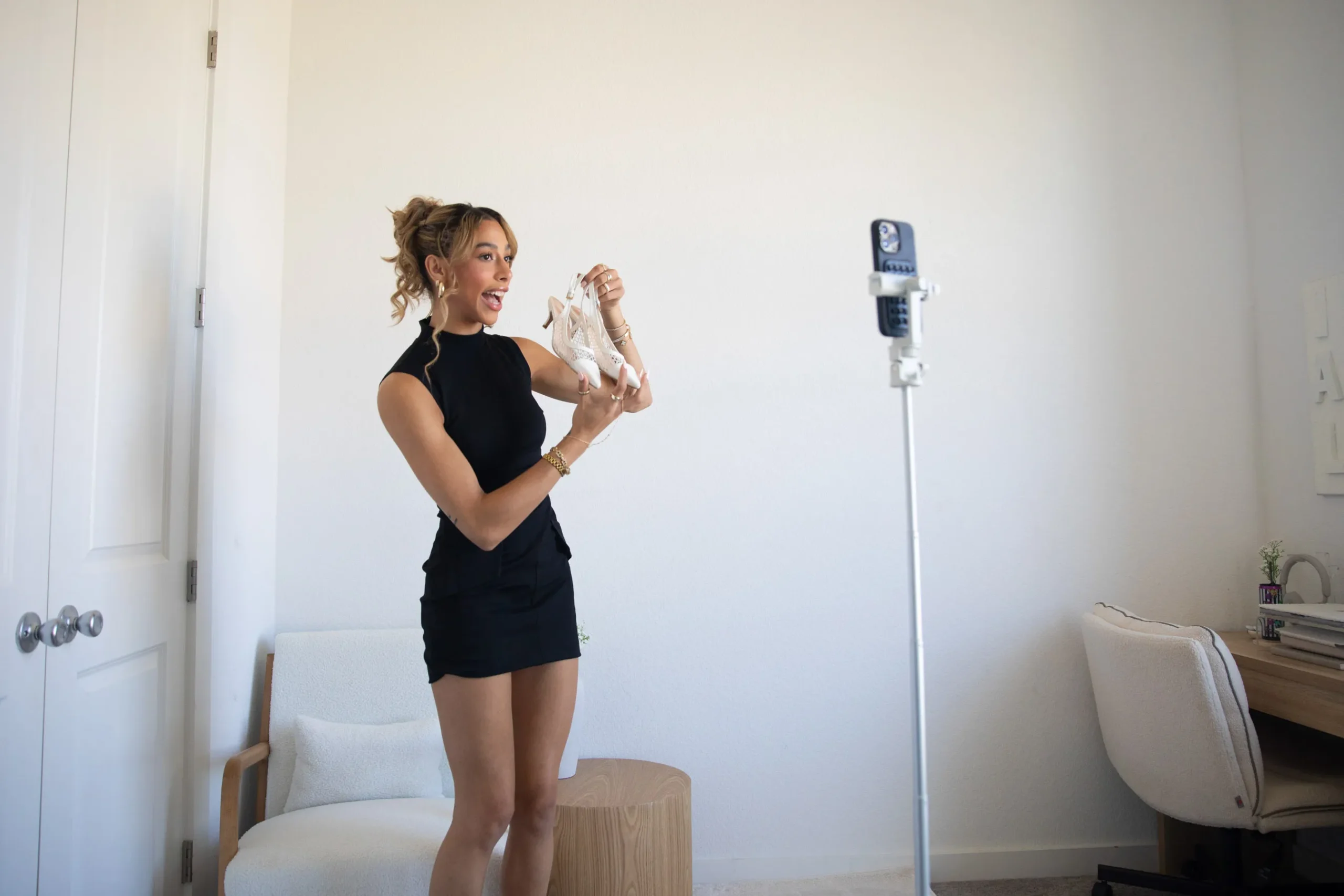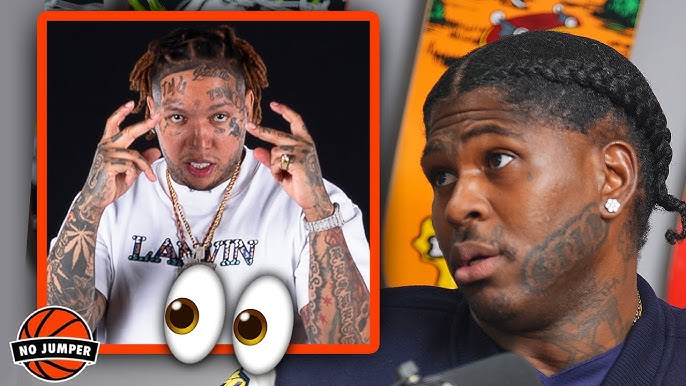TikTok Influencers Hit by New Copyright Lawsuit: Inside the Amazon Influencer Case
Introduction
In June 2025, a surprising lawsuit shook the influencer world: multiple TikTok influencers were sued for copyright infringement—and the lawsuits are directly tied to Amazon’s influencer program.
The case, now dubbed the “Amazon influencer copyright lawsuit,” targets creators who unknowingly violated copyright laws by promoting and reselling content that wasn’t theirs. What started as routine affiliate marketing has turned into a major legal risk for social media stars.
In this post, we’ll break down:
- What the lawsuit is about
- Who’s being sued
- How Amazon’s influencer program works
- Why it matters for all creators
- And how you can avoid becoming the next target
What Is the Amazon Influencer Program?
Amazon’s influencer program allows content creators to:
- Create custom storefronts
- Recommend Amazon products via short videos or livestreams
- Earn commission for each sale driven through their links
It’s a win-win for Amazon and creators—until it’s not.
Here’s how it works:
- Influencers use Amazon’s platform to review or demo products
- These clips appear both on TikTok and inside Amazon’s product listings
- Views = commissions = income
But some influencers took it a step too far…
The Core of the Lawsuit: What Did They Do Wrong?
The lawsuit, filed in U.S. District Court – California, accuses seven TikTok influencers of:
- Using copyrighted brand images and music in Amazon review videos
- Uploading “unoriginal product demo content” copied from third-party sites
- Failing to disclose proper licensing agreements
In short, they allegedly:
- Downloaded other creators’ Amazon videos
- Slightly edited them
- Reuploaded them as their own to earn money
The plaintiffs include:
- A major video production agency that licenses product review content
- Two original creators who claim their content was “cloned” without permission
Influencers Involved (Names Withheld for Legal Reasons)
While the full list hasn’t been released, legal filings reference:
- 3 TikTok creators with over 100,000 followers
- 4 nano-influencers who joined the Amazon program in late 2024
These influencers are accused of:
- Earning over $25,000 in affiliate commissions using copied videos
- Violating U.S. copyright law by using unlicensed soundtracks and graphics
- Breaching Amazon’s terms of service

Amazon’s Response
Amazon has not been named in the lawsuit (yet), but it suspended the storefronts of 5 out of 7 involved creators pending investigation.
A spokesperson stated:
“We are reviewing the allegations and take copyright concerns very seriously. Creators are expected to upload original content.”
This incident has forced Amazon to begin:
- Tightening its content approval process
- Requiring better disclosure and copyright checks
- Launching a copyright education hub for new influencers
What Copyright Laws Were Violated?
Let’s break down the legal risks creators are facing:
1. Section 106 of the U.S. Copyright Act
This prohibits reproducing or displaying copyrighted works without permission—including:
- Video footage
- Brand logos
- Background music
2. DMCA Violations
Influencers used edited clips of other creators’ content, violating DMCA protections—even if they only used 10-20 seconds.
3. FTC Disclosure Violations
Some creators failed to clearly disclose that the products were affiliate-linked or that content was not original.
Why This Lawsuit Matters for All Influencers
Even if you’re a small creator, this case shows how easy it is to:
- Infringe on content accidentally
- Break platform rules
- Get into legal or financial trouble
The rise of AI content re-posting and video cloning tools has made copyright issues even more complex.
Brands, platforms, and agencies are now putting creators under a microscope.
Lessons for Creators
To stay safe, follow these best practices:
✅ Only use original footage
Film your own content or get full written permission from collaborators.
✅ Avoid using copyrighted music
Use royalty-free or platform-approved tracks only.
✅ Disclose Amazon affiliate links properly
Always include FTC-compliant language like:
“As an Amazon Associate, I earn from qualifying purchases.”
✅ Check Amazon’s content reuse guidelines
Don’t use videos found on product pages unless you are the original creator.
FAQs
Q1: Are influencers being sued for using Amazon product videos?
Yes. Several are accused of copying and uploading third-party product demos without proper rights or credit.
Q2: What kind of content caused the lawsuit?
Videos that used copyrighted music, duplicated demo footage, or misrepresented brand partnerships.
Q3: Will Amazon shut down the influencer program?
No, but it will likely become stricter, with more manual reviews and content flagging.
Q4: Can small creators get sued too?
Yes. Legal action isn’t limited to big influencers. Anyone using copyrighted material without permission can be targeted.
Q5: How can I avoid copyright issues?
Create all content yourself, use royalty-free music, and clearly disclose affiliate links and sponsored content.

Conclusion
The Amazon influencer lawsuit is a wake-up call for content creators everywhere. In the rush to earn through affiliate marketing, some influencers cut corners—and now they’re facing serious legal consequences.
If you’re in the influencer space:
- Protect your content
- Respect others’ work
- Follow platform rules and copyright laws
Remember: Quick earnings aren’t worth long-term legal risks.
Stay tuned to DailyNewsBuz as we continue tracking the biggest stories in influencer lawsuits, creator culture, and digital marketing.







